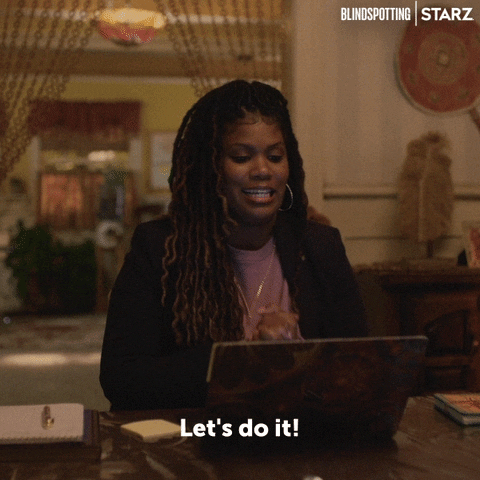
Relationships, we’re all in them. Whether it’s a romantic relationship, a friendship, a platonic relationship, or a kinship, relationships are something we will always have to deal with in life. And because of this, it’s important that we do our best to ensure that we work to improve the relationships that we cherish through boundaries and communication.

Why are relationships important for our well-being?
Research consistently shows that social connections and supportive relationships are critical to our mental, emotional, and physical health. Positive relationships provide us with a sense of belonging, purpose, and meaning, which are all essential for our overall well-being. They can also provide us with emotional support, encouragement, and motivation during challenging times, which can help us to cope with stress and adversity more effectively.

What simple steps can we take to improve our relationships?
1.Communication is a key component of healthy relationships. Be honest, clear, and respectful when communicating with others, and be willing to listen and consider their perspectives as well.
2.Empathy is also important. Try to understand and empathize with the feelings and experiences of others, even if you don’t agree with them.
3.Setting healthy boundaries is crucial for maintaining healthy relationships. Be clear about your own needs and limits, and be willing to communicate them respectfully and assertively.
4.Forgiveness is also vital. Practicing forgiveness, both for yourself and others, can help repair damaged relationships and build stronger connections
5.. Spending quality time together and seeking support when needed are also beneficial.

Why are boundaries important in relationships?
Boundaries play an essential role in maintaining healthy relationships. They help us differentiate between our own thoughts, feelings, and needs from those of the partner in any type of relationship. This is important as it ensures that each person maintains their own sense of identity and independence within the relationship. Boundaries also define what behaviors are acceptable and unacceptable in a relationship, including communication, sexual preferences, and time spent together. They allow individuals to take responsibility for their own actions and hold others accountable for theirs.

How do we know if our boundaries need work?
If you feel like your needs and desires are often ignored or dismissed by others, especially in close relationships, find it hard to say no when someone asks you to do something, even if you don’t want to or don’t have the time or energy, frequently feel overwhelmed, stressed, or anxious in your relationships, often feel like you’re being taken advantage of or exploited by others, have a tendency to overcommit or overextend yourself, even if it means sacrificing your own needs or well-being, find it difficult to ask for help or support when you need it, or frequently find yourself in emotionally or physically abusive relationships and struggle to leave or set boundaries, then it’s time to work on your boundaries.

What tools can we use to improve our boundaries?
Developing self-awareness is crucial for setting and maintaining healthy boundaries. This involves getting in touch with your own needs, values, and limits, and being willing to communicate them assertively to others. Mindfulness practices can help you to stay present and aware of your thoughts, feelings, and physical sensations in the moment. Role-playing can be a helpful tool for practicing assertive communication and boundary-setting in a safe and supportive environment. Developing boundary-setting scripts or phrases can also be useful. Journaling can be helpful for reflecting on your experiences and identifying patterns in your behaviour and relationships. Finally, working with a therapist, counsellor, or coach can be an excellent way to explore your boundaries, identify areas where they may need improvement, and develop strategies for setting and maintaining healthy boundaries in your relationships.

Remember that building healthy relationships takes time and effort, but it’s worth it. By practicing effective communication, empathy, boundary-setting, forgiveness, spending quality time together, and seeking support when needed, you can work towards building stronger, more fulfilling relationships in your life.
If you would like to support us and the work that we do, you can donate below ❤



